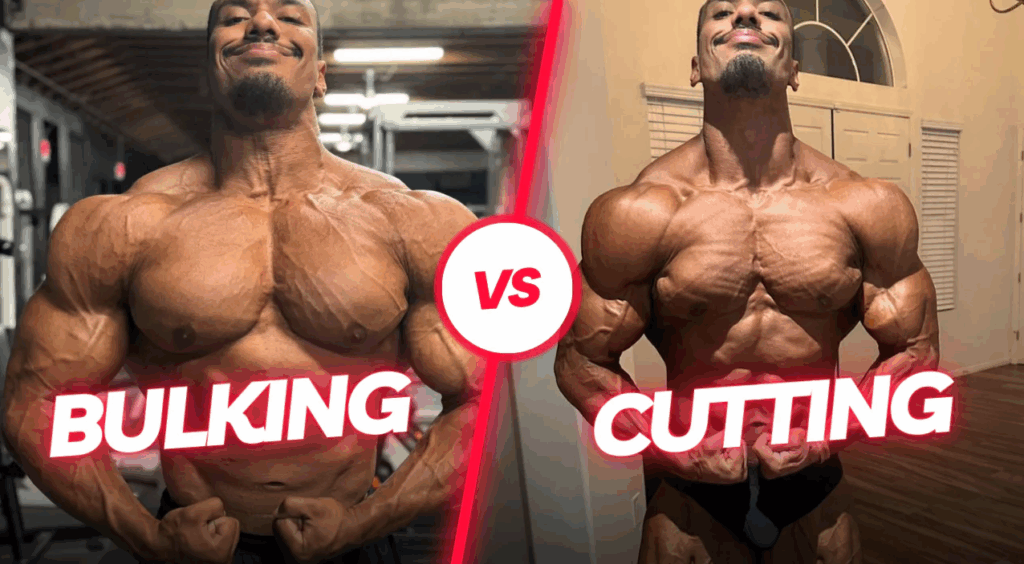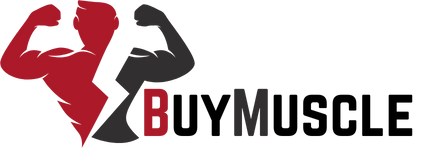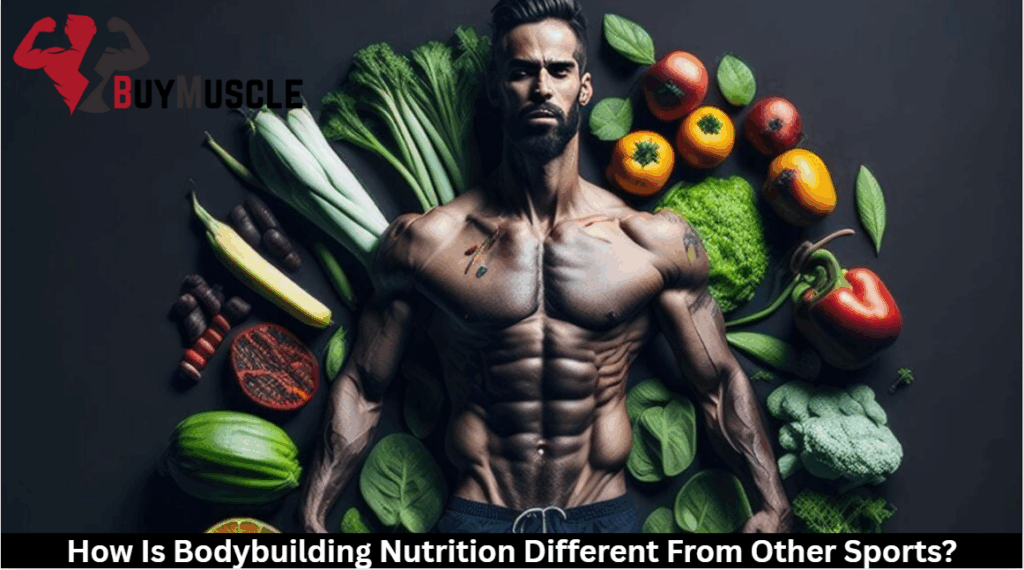Bodybuilding nutrition stands apart from other sports with its precise cycling between bulking and cutting phases. You’ll need higher protein intake (1.6-2.2g/kg bodyweight) with strategic timing every 3-4 hours. Unlike endurance athletes, you’ll manipulate carbohydrates and fats based on training days, not just for energy but for specific aesthetic outcomes. Peak week protocols involving detailed carb, sodium, and water manipulation create that stage-ready physique.
Discover how these nutritional strategies transform your bodybuilding journey.
Bulking vs. Cutting Phases for Specific Nutrition
While most athletes maintain relatively consistent nutrition year-round, bodybuilders strategically alternate between distinct nutritional phases to maximize their physique development.
During the bulking phase, you’ll consume a calorie surplus of 300-500 calories above maintenance to support muscle growth. This phase prioritizes progressive overload training with ample nutrients for recovery and hypertrophy.
In contrast, the cutting phase requires a calorie deficit of 300-500 calories below maintenance to reveal muscle definition while emphasizing lean mass preservation. You’ll typically reduce carbohydrates while maintaining high protein intake (1.2-1.5g per pound of bodyweight) to prevent muscle loss.
Unlike endurance or team sport athletes who focus on performance-based nutrition, your bodybuilding diet constantly shifts between these opposing goals, demanding greater precision and nutritional discipline.

Protein Requirements and Timing for Maximal Hypertrophy
When it comes to bodybuilding success, protein serves as the fundamental building block that separates competitive physiques from average ones. While endurance athletes might consume protein based on bodyweight, you’ll need considerably more to support muscle hypertrophy.
Your nutrient timing matters just as much as total protein intake. Eating 20-40g of quality protein every 3-4 hours provides the right conditions for muscle synthesis. Post-workout recovery nutrition is crucial because your muscles will absorb nutrients best during this window.
Convenience and absorption speed should be priorities in your supplement strategy. Whether you use whey protein isolate or casein, you get sustained amino acid release before bed that supports your muscles all night long.

Carbohydrate Manipulation and Its Impact on Physique Development
Carbohydrates represent the most powerful macronutrient for transforming your physique, functioning as both ally and adversary in bodybuilding. Unlike endurance athletes who maintain steady carb intake, your bodybuilding nutrition requires strategic carbohydrate cycling. Take high carbs on training days to fuel workouts and low carbs on rest days to minimize fat storage.
Your macronutrient distribution will shift dramatically between bulking and cutting phases. During mass-building periods, you’ll load carbs in pre-workout meals to maximize training intensity and glycogen storage. When cutting, you’ll strategically reduce carbs while maintaining protein to preserve muscle mass.
This precision in carbohydrate manipulation directly impacts your body composition in ways other athletes don’t require, as bodybuilding demands both peak performance and aesthetic outcomes simultaneously.
The Strategic Role of Dietary Fats in Bodybuilding Performance
In contrast to their somewhat mysterious role in general nutrition, dietary fats are not enemies to avoid, but essential components of your bodybuilding program. While endurance athletes use carbohydrate for performance fueling, you need strategic fat use to support hormone production, which affects your muscle-building potential.
In your sports nutrition approach, you want quality fats (omega-3s, avocados, nuts) that support post-workout recovery and inflammation versus team sports, which demand immediate glycogen replenishment. During contest preparation, you’ll manipulate dietary fats more precisely than other athletes, reducing them strategically while preserving enough to maintain hormonal function and energy.
This balance distinguishes bodybuilding nutrition from other athletic disciplines where performance outcomes, not aesthetic ones, drive nutritional choices.

Peak Week Nutrition Protocols for Competition Preparation
While typical bodybuilding nutrition focuses on long-term muscle development, peak week protocols represent the culmination of your entire contest preparation strategy. Unlike other sports that prioritize performance, your final days before competition are about manipulating carbohydrates, sodium, and water to achieve maximum definition and muscle fullness on stage.
You’ll strategically load and deplete carbohydrates to supercharge glycogen without spilling over, while precisely timing water intake to shed subcutaneous fluid. Your sodium manipulation will follow a carefully plotted curve to control water retention. This meticulous approach differs dramatically from endurance athletes who carb-load solely for energy reserves or team sport competitors who maintain consistent nutrition year-round.
Your peak week requires hourly precision, with each meal calculated to deliver your most aesthetically impressive physique possible.
Frequently Asked Questions
How Does a Bodybuilder’s Hydration Strategy Differ From Other Athletes?
Maintain steady water intake throughout the day instead of loading during activity. You’re also managing water retention alongside electrolytes to enhance muscle definition, especially before competitions.
Can Intermittent Fasting Work for Competitive Bodybuilding?
Intermittent fasting can work for bodybuilders during cutting phases, but you’ll struggle to maintain ideal muscle protein synthesis and nutrient timing for competitions. It’s better suited for off-season maintenance than competitive prep.
How Do Female Bodybuilders’ Nutritional Needs Differ From Males?
Female bodybuilders need fewer calories, have higher essential fat requirements, and may need iron supplementation. Adjust macros with slightly lower protein needs while addressing hormonal fluctuations throughout your menstrual cycle.
Are Cheat Meals Beneficial or Detrimental to Bodybuilding Progress?
Cheat meals can benefit your bodybuilding progress psychologically and metabolically when used strategically. However, they’re detrimental if they become frequent, unplanned binges that sabotage your caloric targets and nutrient timing.
How Does Age Affect Bodybuilding Nutrition Requirements?
As you age, you’ll need more protein to maintain muscle, fewer calories due to slowing metabolism, increased micronutrients for recovery, and possibly modified meal timing to accommodate changing hormone levels and digestive efficiency.







